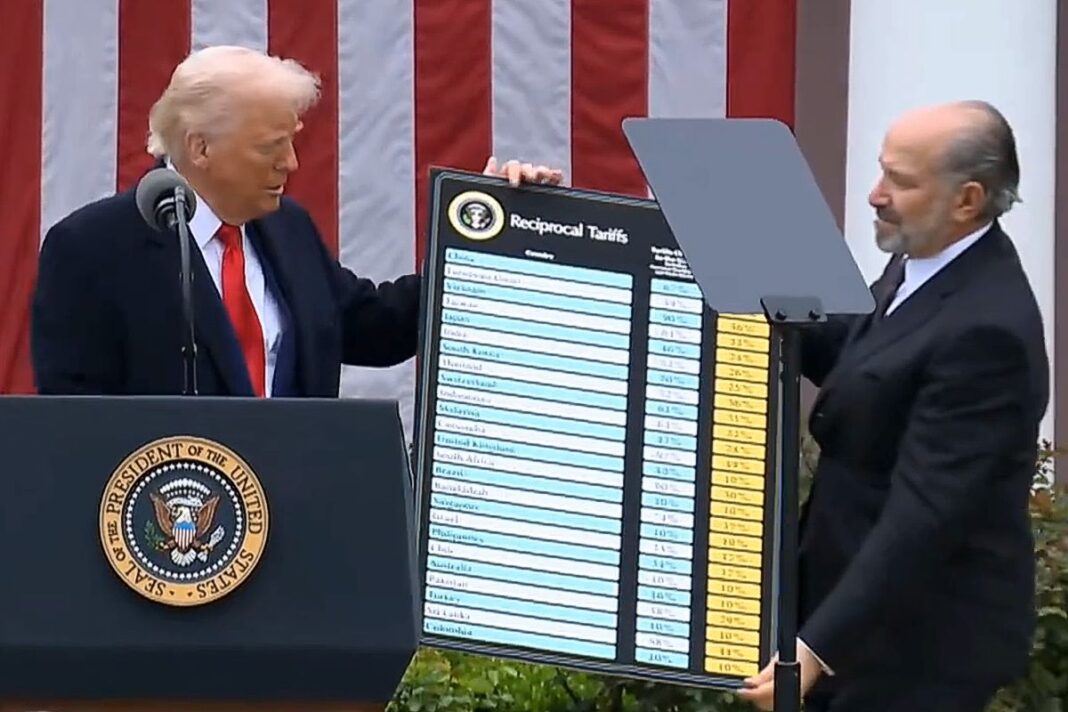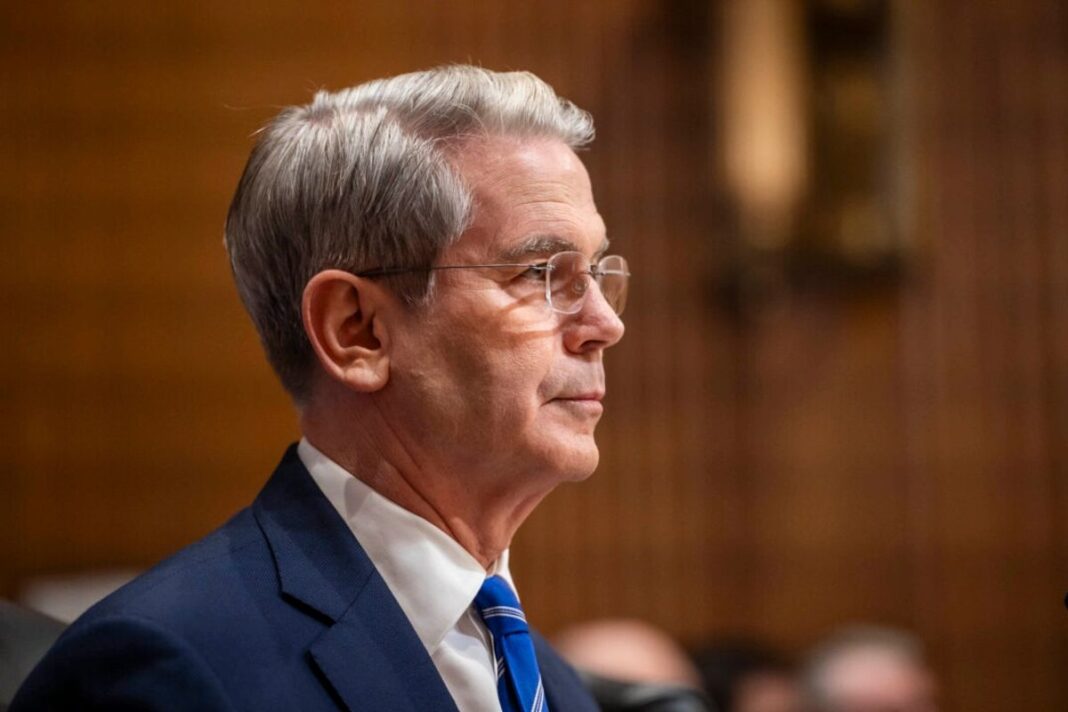Multiple judges questioned whether the law Trump invoked allowed him to impose tariffs.
An appeals court seemed skeptical of President Donald Trump’s tariffs after oral argument on July 31, as multiple judges questioned whether a decades-old law Trump invoked had provided him the authority he said it did.
Oral arguments came months after the U.S. Court of International Trade held in May that Trump’s tariffs were inconsistent with the International Economic Emergency Powers Act, which allows presidents to regulate imports in times of emergency. Whether that regulation of imports includes tariffs was the subject of considerable debate.
Article I of the Constitution grants Congress the power to levy tariffs, but the legislative branch may delegate that authority through federal law.
Arguing that the law granted Trump that authority, the administration appealed the May decision to the U.S. Court of Appeals for the Federal Circuit, which temporarily allowed Trump’s tariffs to proceed.
The July 31 hearing focused on whether the appeals court should uphold the trade court’s block on Trump’s actions. An 11-judge panel heard arguments from the Justice Department and attorneys representing a group of states, and a group of businesses, that sued the Trump administration.
The judges peppered both sides with questions, but seemed especially critical of arguments from Justice Department attorney Brett Shumate, who was repeatedly interrupted by various judges. Many of their questions pointed to doubts about Trump’s argument that the law allowed him to impose a sweeping set of tariffs, but some also asked about the president’s declaration of an emergency induced by trade deficits.
One of the judges, for example, noted that the law didn’t use the word tariffs. Beyond allowing tariffs, the administration also faced questions indicating skepticism that Congress had allowed Trump to alter tariffs in such a broad way.
Trump had imposed targeted tariffs on Canada, Mexico, and China, but also a broader set of tariffs on dozens of countries.
According to the states and businesses, trade deficits were a longstanding phenomenon for the United States and didn’t constitute the type of emergency that allowed Trump to take action under the law.
By Sam Dorman








